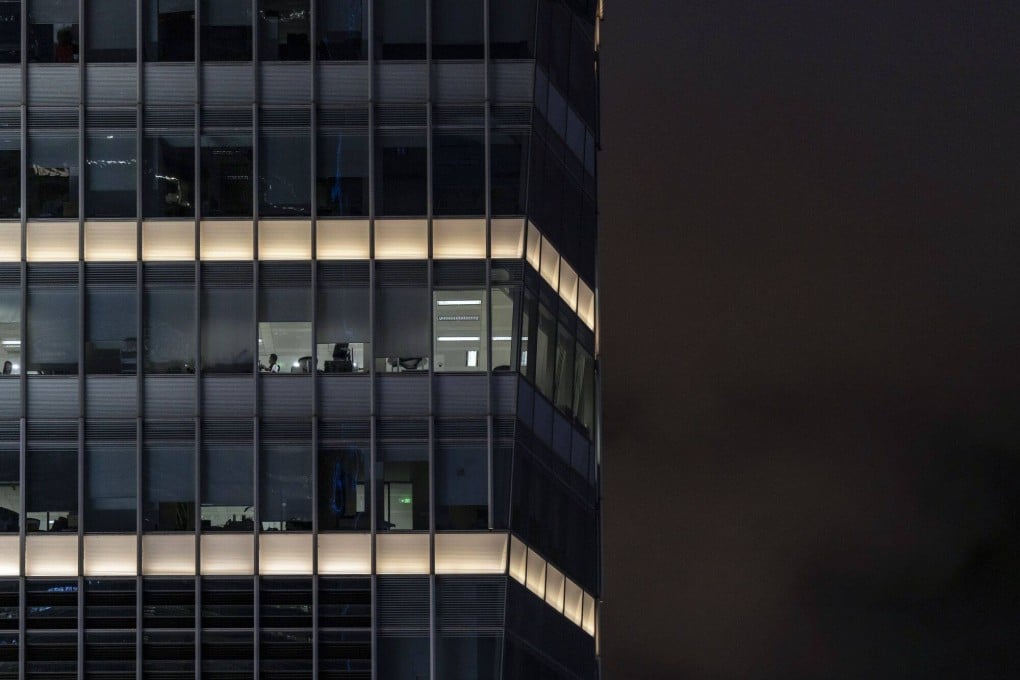Opinion | It’s time Asia stopped normalising long working hours
The death of an overworked young woman in India has focused attention on the ills of exploitative work cultures across the region

Her grief-stricken mother wrote to the chairman of EY India to point out how work stress had taken a toll on the young woman. Perayil worked long hours with barely enough time to rest, and was given assignments with impossible deadlines.
Her story resonated with many young Indians, who took to social media to express their fury under the hashtag #JusticeForAnna.
Perayil’s case has shone a light on labour problems in India, particularly the lack of respect for an employee’s boundaries and the exploitation of young people in the workforce.
Narayana Murthy, the co-founder of Infosys – one of India’s largest tech companies – has, for example, refused to back down from his suggestion that millennials and Gen Z employees should work a 70-hour week so the Indian economy could progress. He said employees should learn to work as hard as those who are less fortunate.
